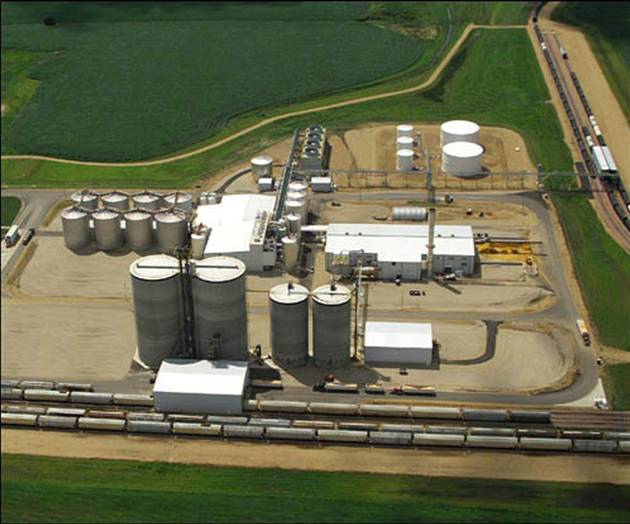LOOKING at doing its part in meeting the country’s projected ethanol demand
LOOKING at doing its part in meeting the country’s projected ethanol demand, Alson Consolidated Resources Inc.’s ethanol arm Northern Mindanao Biofuels Corp. (NMBC) will infuse P2.5 billion to construct its ethanol-manufacturing facility in Mindanao.
In an interview, Mario Jose Baile, NMBC business development manager, told reporters that what they plan to build is a 100,000-liter-per-day ethanol-producing facility in Mindanao. “We are currently in the process of securing environment compliance clearance [ECC] for the project in barangays Mambuaya and Bayanga in Cagayan de Oro,” he added.
Baile said the commercialization of the facility will depend on when they would get to secure the ECC. But if NMBC gets it by December, according to the official, construction could begin by mid-2010 and completion would be around the first quarter of 2012.
Baile noted that the facility they plan to set up will use cassava as feedstock from some 10,000 hectares of cassava plantation to produce 100,000 liters.
He also noted that they have to finalize how they would finance the project, adding that they might look into the financing programs of the Development Bank of the Philippines (DBP) and Land Bank of the Philippines, as mandated in the Biofuels Act of 2006.
“It [Biofuels Act] tells the government will assist us through DBP and LandBank to support the program,” he said.
Baile expressed optimism that the Ethanol Producers Association of the Philippines’ (Epap) petition to increase the tariff of imported ethanol from zero to 20 percent to ensure market for locally produced ethanol products will be approved by the Tariff Commission.
“The price of imported ethanol is lower than ours, making us unable to compete with it, which make offtakers like the oil companies not wanting to commit to source their ethanol needs locally as they get it cheaper abroad,” Baile said.
Investors are having second thoughts on investing here, according to Baile, because of the zero tariff on imported ethanol.
“There isn’t enough incentive and attraction for investors to come in. So how can this demand be met?” he asked.
Baile said there are a number of economic benefits with new investors coming into the country and putting up ethanol processing business.
The Epap earlier said more ethanol plants will begin commercial operations by next year.
Epap noted Roxol Bioenergy of Roxas Holdings Inc. targets to produce 3 million liters of ethanol every month from its plant in La Carlota City in February 2010. This is expected to boost the country’s overall output levels to 66 million liters, with San Carlos Bioenergy producing 30 million liters and Leyte Agricultural Corp. contributing 9 million liters.
More ethanol plants, according to Epap, will rise in the coming years when companies interested in investing see a stable market and with the presence of E10 in gas stations, making consumers more aware of the benefits of ethanol to air quality, public health and the environment.









